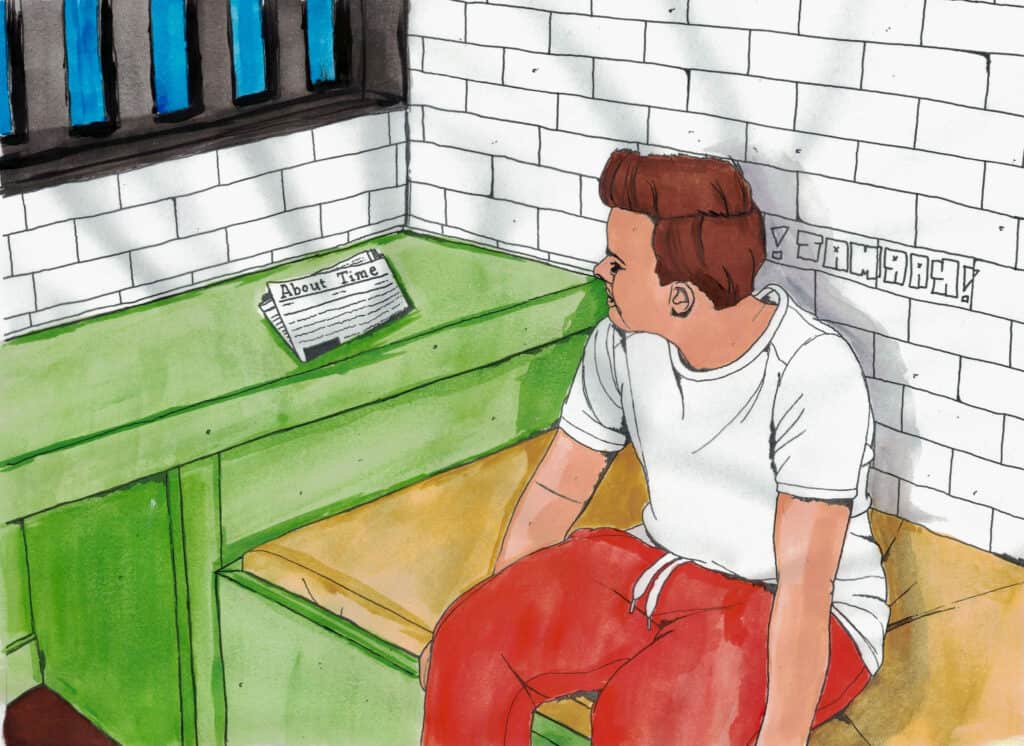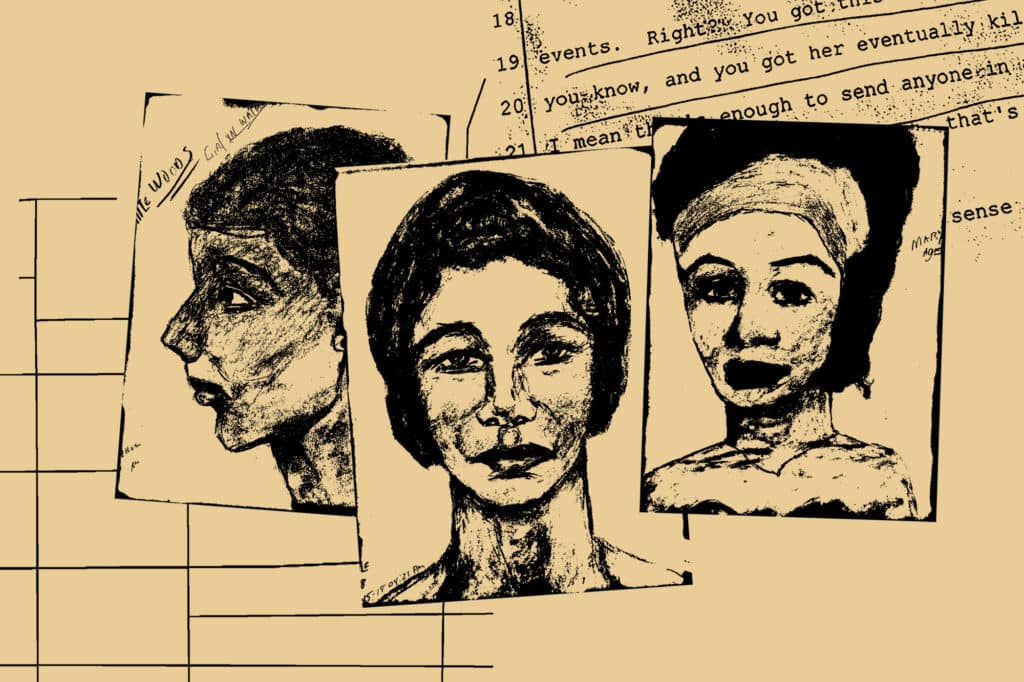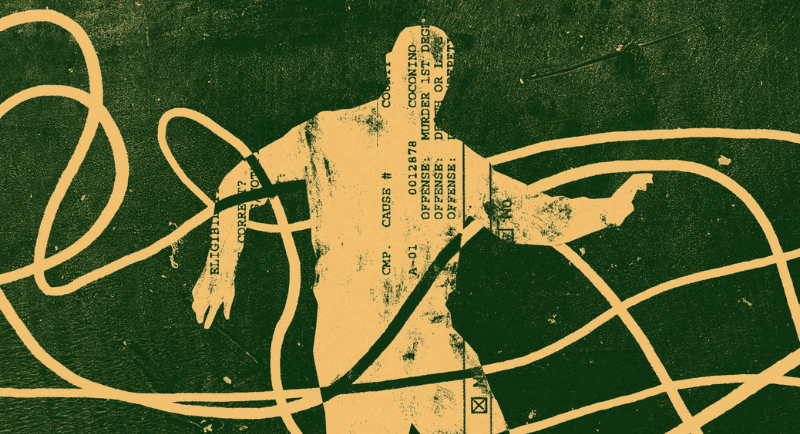Australia’s first national prison newspaper, About Time, hopes to provide incarcerated individuals the opportunity to share their stories and act as a bridge between prisons and the outside world.
Rosie Heselev, managing director at About Time, told Mediaweek that incarcerated people, while in prison for different reasons, all share a commonality.
“People in prison are so bored, they don’t have much to do,” she said.
“This boredom can lead to mental health issues and I think having an avenue where you are encouraged to write something, knowing it could potentially be published, can really challenge that boredom.
“If someone’s mental well-being is better in prison, that’s a huge benefit in and of itself.”

About Time launched its first edition in all prisons in Victoria, NSW, Tasmania, and the ACT in the first week of July. It’s written primarily by current and formerly incarcerated people.
The paper is independent of corrections authorities and is published by the recently established non-profit About Time Media Ltd. It is also distributed monthly to all prisons free of charge.
A platform for news, education, expression and hope, Heselev said people have been “really touched” by the first edition.
“I’ve heard from people in prison who have sent us letters, thanking us for the paper, which is really nice to see.
“We’ve received phone calls and emails from people with family in prison, being really happy for it, even legal services, and other social services reaching out to thank us and wanting to put things in it.
“It shows that it’s really needed.”
While there have been at least 67 prison newsletters and magazines in Australian prison history, none have been distributed regularly to every cell in the nation.
About Time is inspired by Inside Time, a similar UK prison publication founded in Manchester in 1990. It started off as a quarterly, black and white 12-pager that has now turned into a full-colour, 50+ page free publication, with 50,000 copies distributed monthly to every prison cell in the UK.
About Time has not yet received approval from the corrections departments in Queensland, South Australia, Western Australia, and the Northern Territory and Heselev said it is now having further conversations with the states after the success of the first edition.
“We do up a draft two weeks before we publish it, and we have to hand it over to corrections to screen for anything risky, based on their assessment and then they send it back to us with any edits or suggested changes.
“In saying this, we are strong about having independent editorial oversight, we don’t want to be a mouthpiece for corrections.
“The whole point is we are a publication for people in prison, we aren’t a mouthpiece for the people who imprison them, that’s very important to us.”

The non-profit nature of the company has a deductible gift-recipient status, meaning the paper is primarily funded by donations, as well as subscribers and advertisers.
“[The way we look at advertising] is if a service wants to send some information to people inside such as lesser-known reintegration services, legal services, or law firms, and they can afford to help us support the paper, then we’d ask them to contribute for an ad.
“Advertisers so far have been receptive to the project. It’s required a bit of reaching out to get people on board but after the first edition, people have started approaching us.”
Heselev hopes About Time reminds readers behind bars that prison is just a moment in time, it’s not forever, and there is “a future out there.”
“About Time allows people to connect with each other, knowing they aren’t alone on this journey and people have lived what someone might be going through.
“I met someone the other day who had been incarcerated and told me she got through the struggle of reintegrating into society by reading stories from people who had done it before. It reminded her that it can be done and she managed to do it.”
In About Time‘s first edition, an anonymous prisoner writes in the “letters” section:
“I am definitely noticing a revolving door in my life with one side being prison. It is a wedge in my life that only I have driven. If I have created it then I can dismantle it.
“I am driven to continue to strive toward my true self. I am determined to be a lawful and loving man and part of society.”
